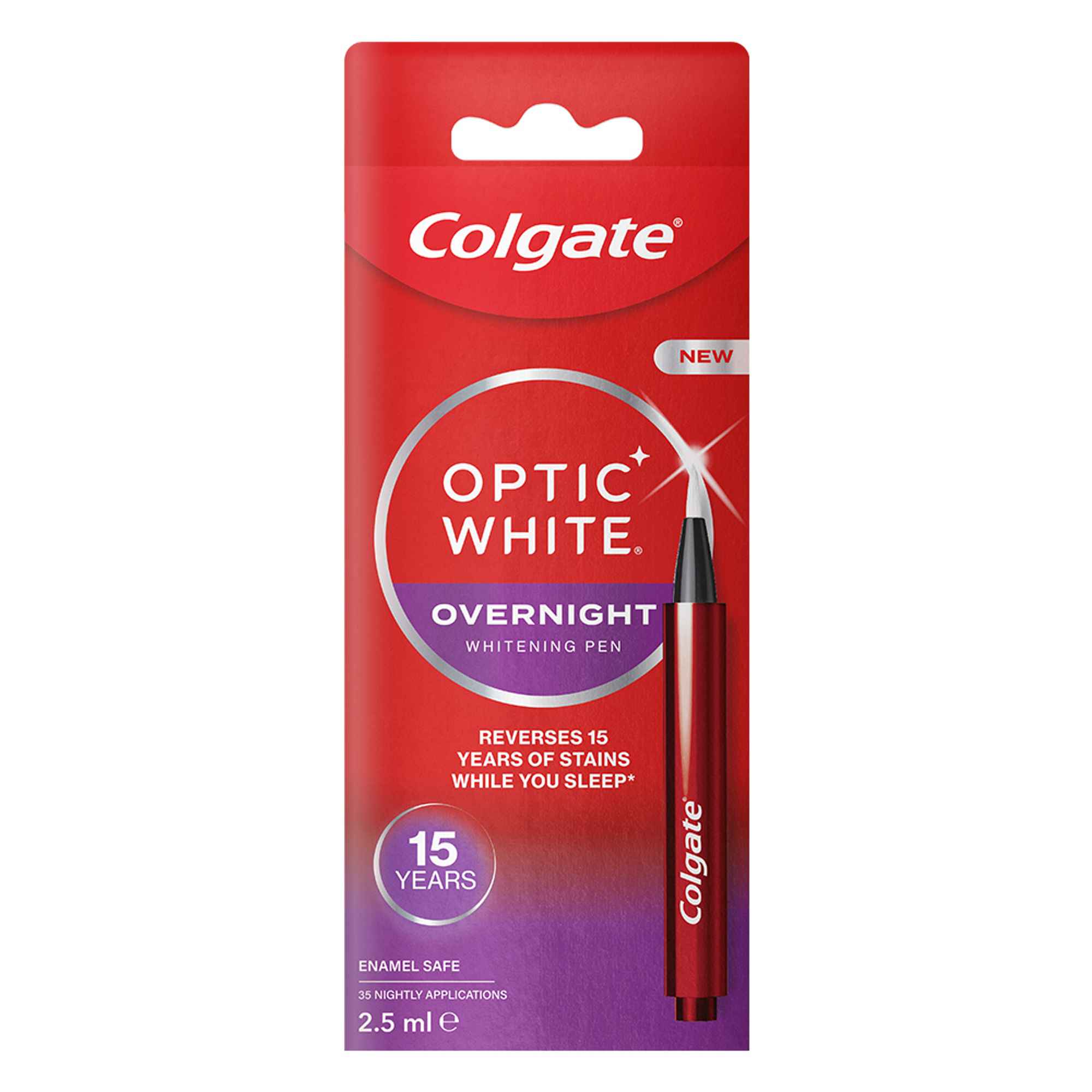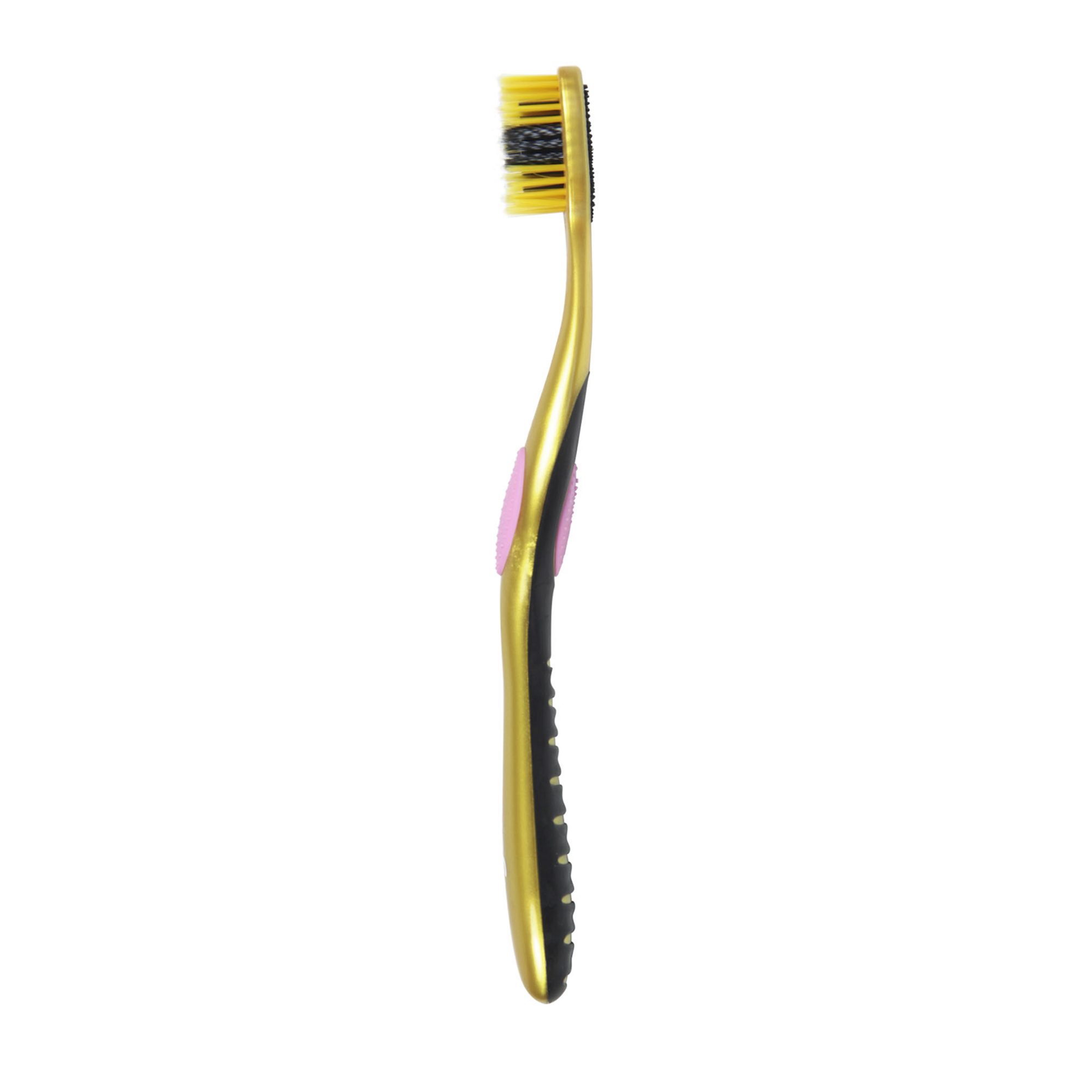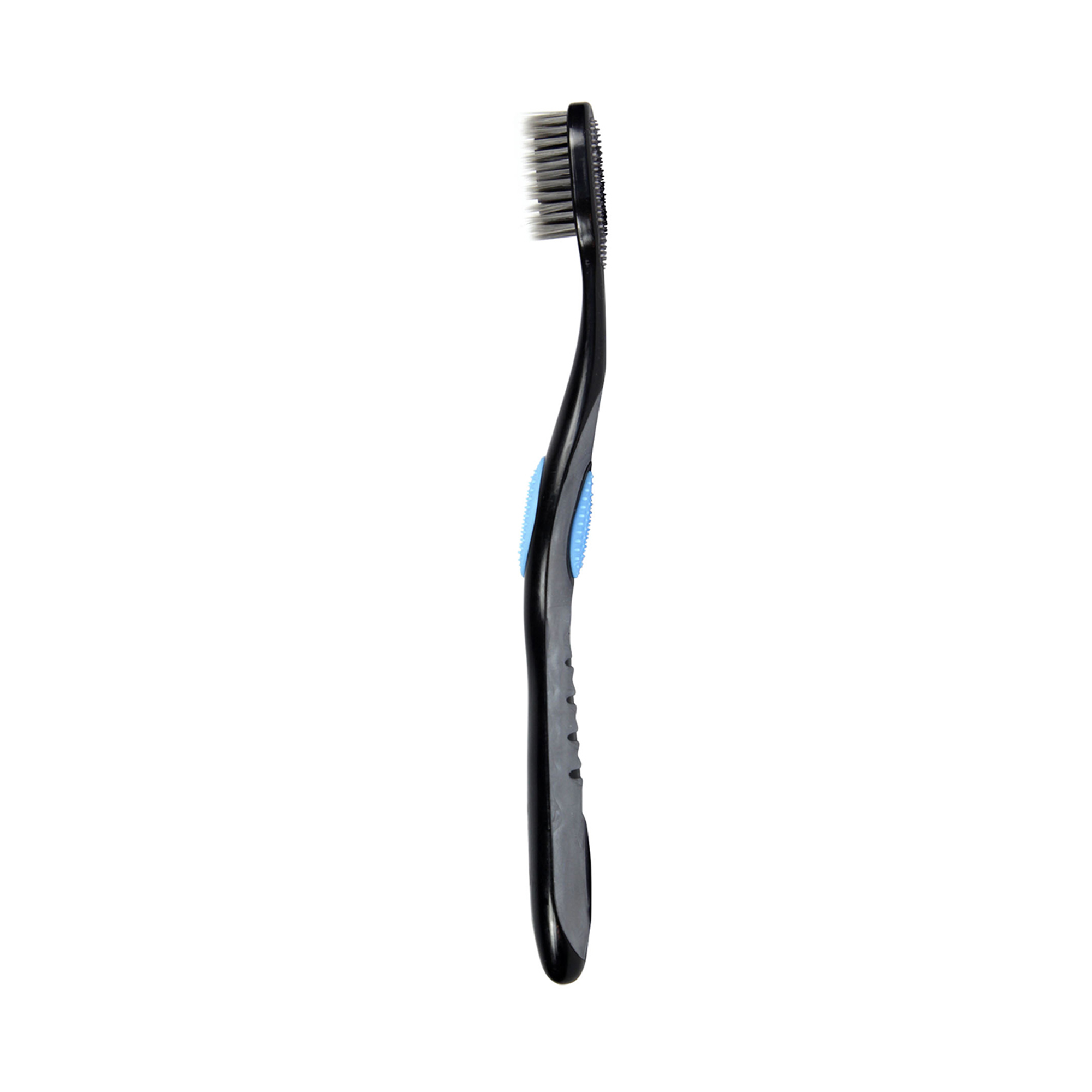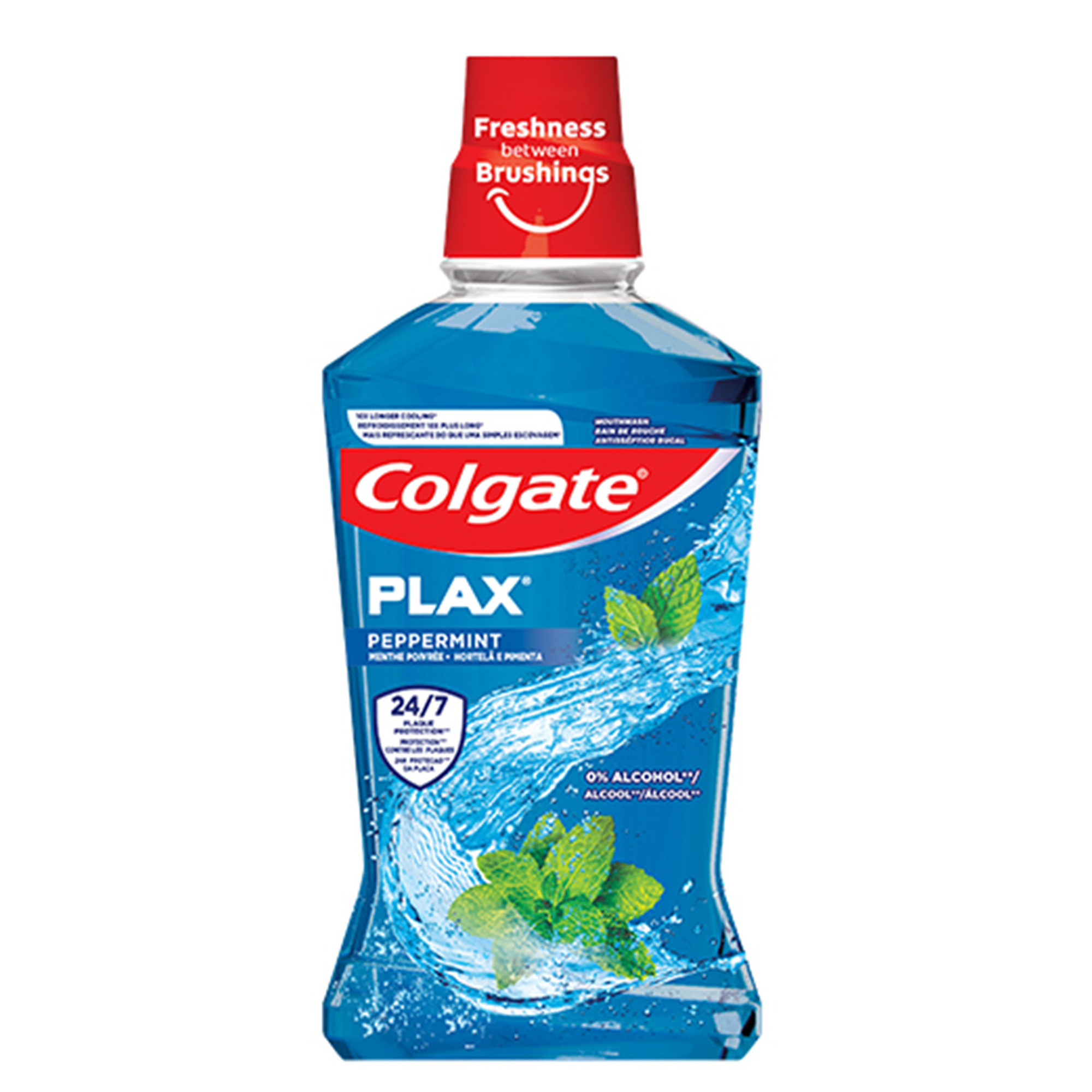Signs of Dry Mouth
Dry mouth – also called xerostomia – is associated with several symptoms:
- Difficulty swallowing
- Constant sore throat
- Burning sensation
- Hoarseness or dry nasal passages
- Trouble speaking
Difficulty chewing and a parched tongue or lip could also be common signs of dry mouth. Keep in mind this condition starts with an absence or reduction of saliva, which usually helps remineralize teeth against bacteria. You may therefore learn of increases in plaque or cavities at your regular dental visit as well.
Can Anxiety Cause Dry Mouth?
Well, in a sense. Whether only a few or many symptoms of dry mouth crop up, they might disappear for a time then flare up again depending on your daily routine. Feeling anxious or stressed can reduce the flow of saliva in your mouth, but for some people it isn't the anxiety itself that produces it – it's the antidepressant or related medication they're taking. Dry mouth is a known side effect of antidepressants, anti-psychotics, antihistamines, beta-blockers and muscle relaxants, as well as treatment for Parkinson's disease and epilepsy. When an anxiety medication causes dry mouth, the symptoms usually appear after starting a course of treatment.
Anxiety and its medications aren't the only causes of dry mouth, however. Breathing through the mouth (due to congestion), Sjogren's Syndrome and dehydration are some other common causes.
Dry Mouth's Physical Effects
Saliva helps protect the mouth, and without a good flow of saliva, your risk for developing cavities and similar dental problems increases. Along with remineralizing the teeth, saliva also maintains the health of your soft and hard mouth tissue by washing away food particles and neutralizing the acids that mouth bacteria produce. Saliva supplies disease-fighting substances that help prevent dental infections too, and stress can weaken your immune system so you're more prone to them.
Treating Dry Mouth
Dry mouth isn't pleasant, but there's plenty you can do to reduce the symptoms. Good oral health habits are essential; brush your teeth at least twice each day with a fluoride toothpaste, and floss once a day.
Chewing sugar-free gum or candy to encourage your salivary glands to produce saliva is also recommended. To keep your mouth moist and fresh in the meantime, take regular sips of water and use artificial saliva and mouthrinses. If your dry mouth doesn't go away after a few days, visit your physician or dentist for a checkup. He or she can conduct certain tests to find out what's causing it and prescribe a special salivary stimulant if necessary.
Anxiety and dry mouth are two conditions that often go hand in hand, but both are treatable if you use (and avoid) certain medications. Don't suffer the uncomfortable symptoms of dry mouth or let poor saliva flow affect your dental health.
This article is intended to promote understanding of and knowledge about general oral health topics. It is not intended to be a substitute for professional advice, diagnosis or treatment. Always seek the advice of your dentist or other qualified healthcare provider with any questions you may have regarding a medical condition or treatment.
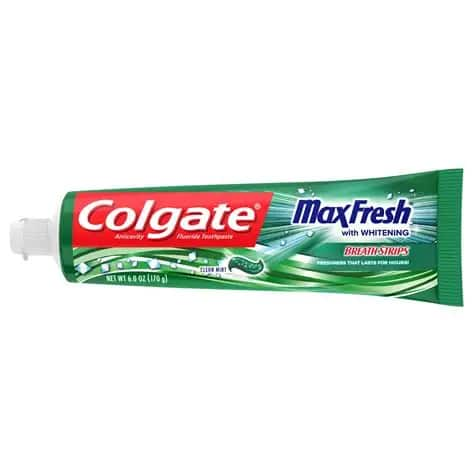
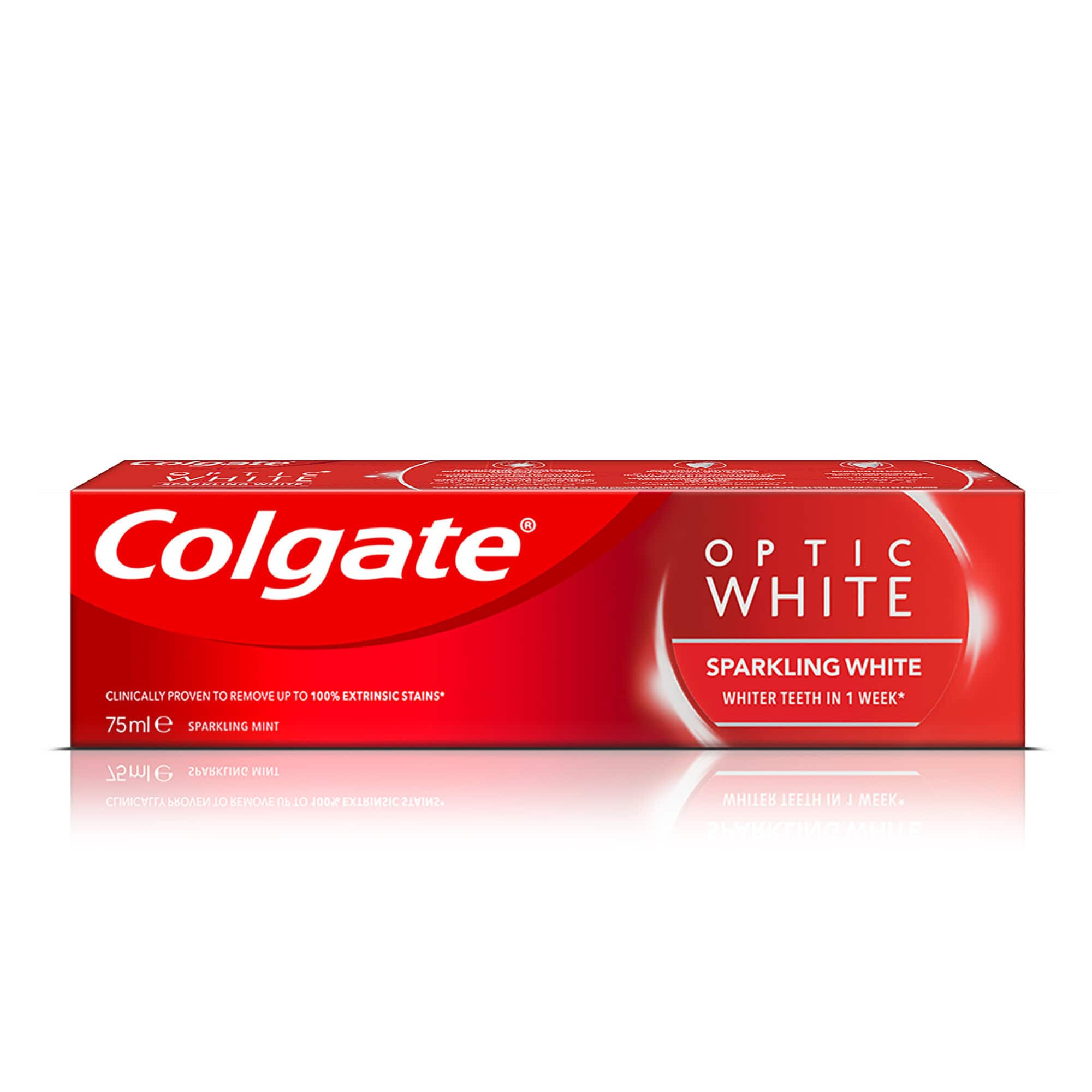
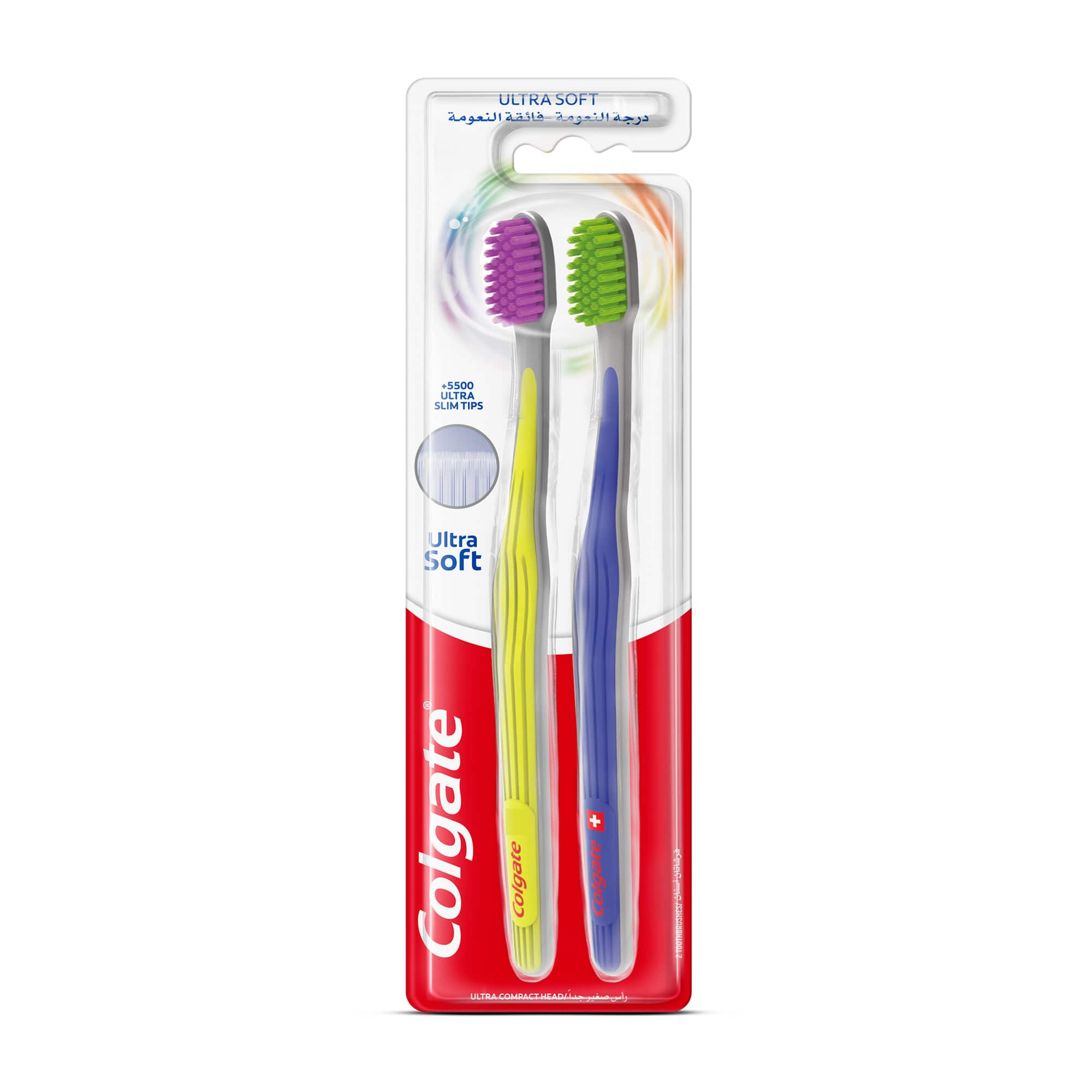


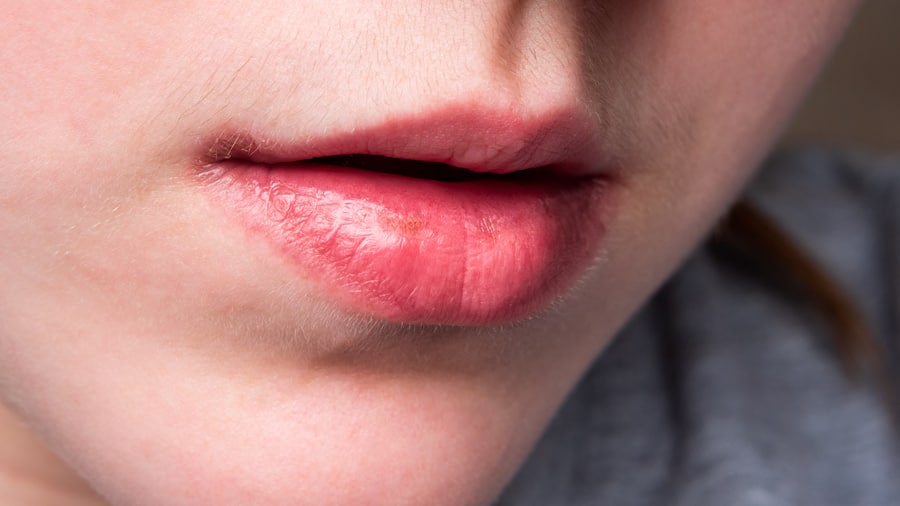
.jpg)


